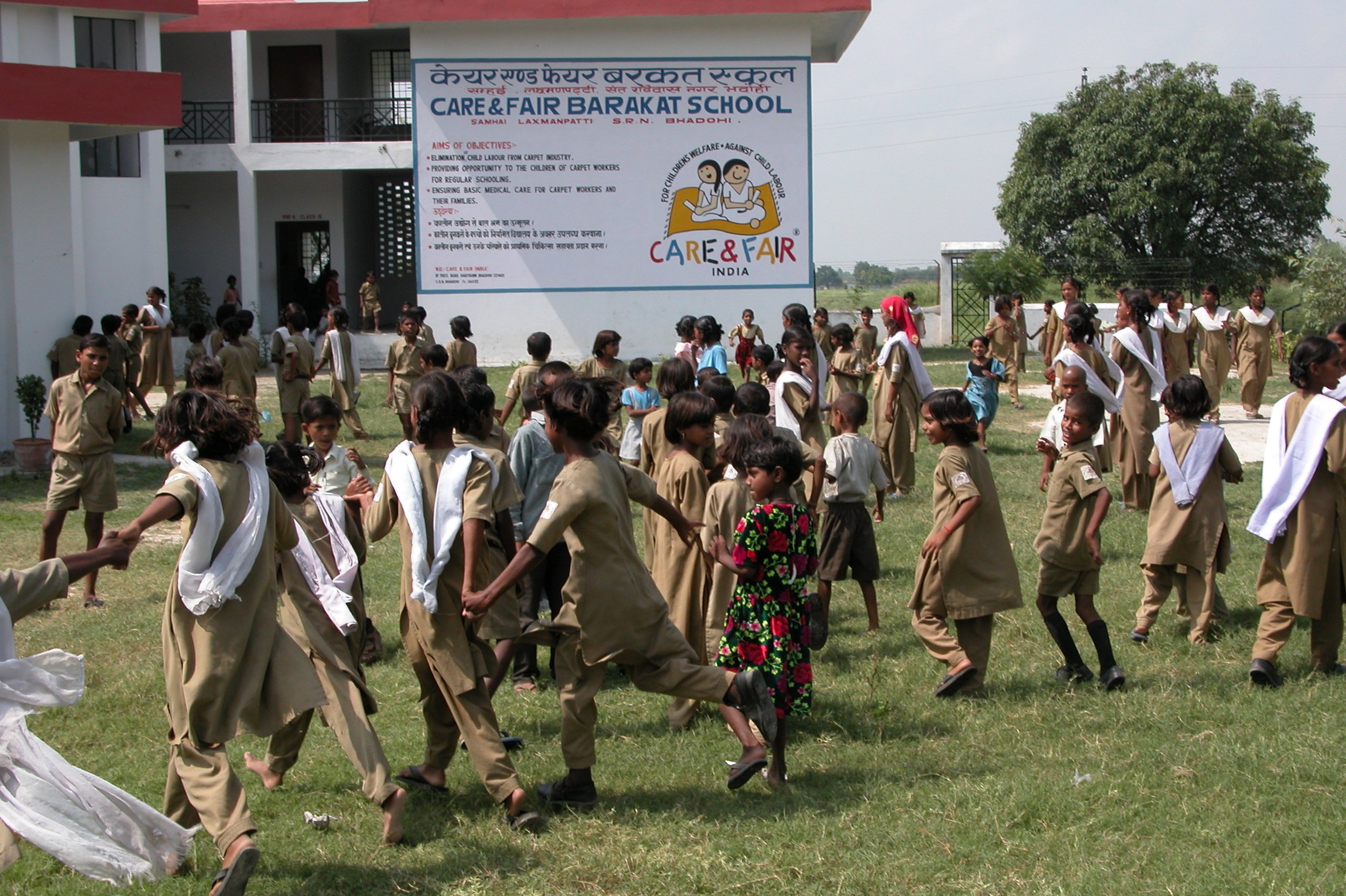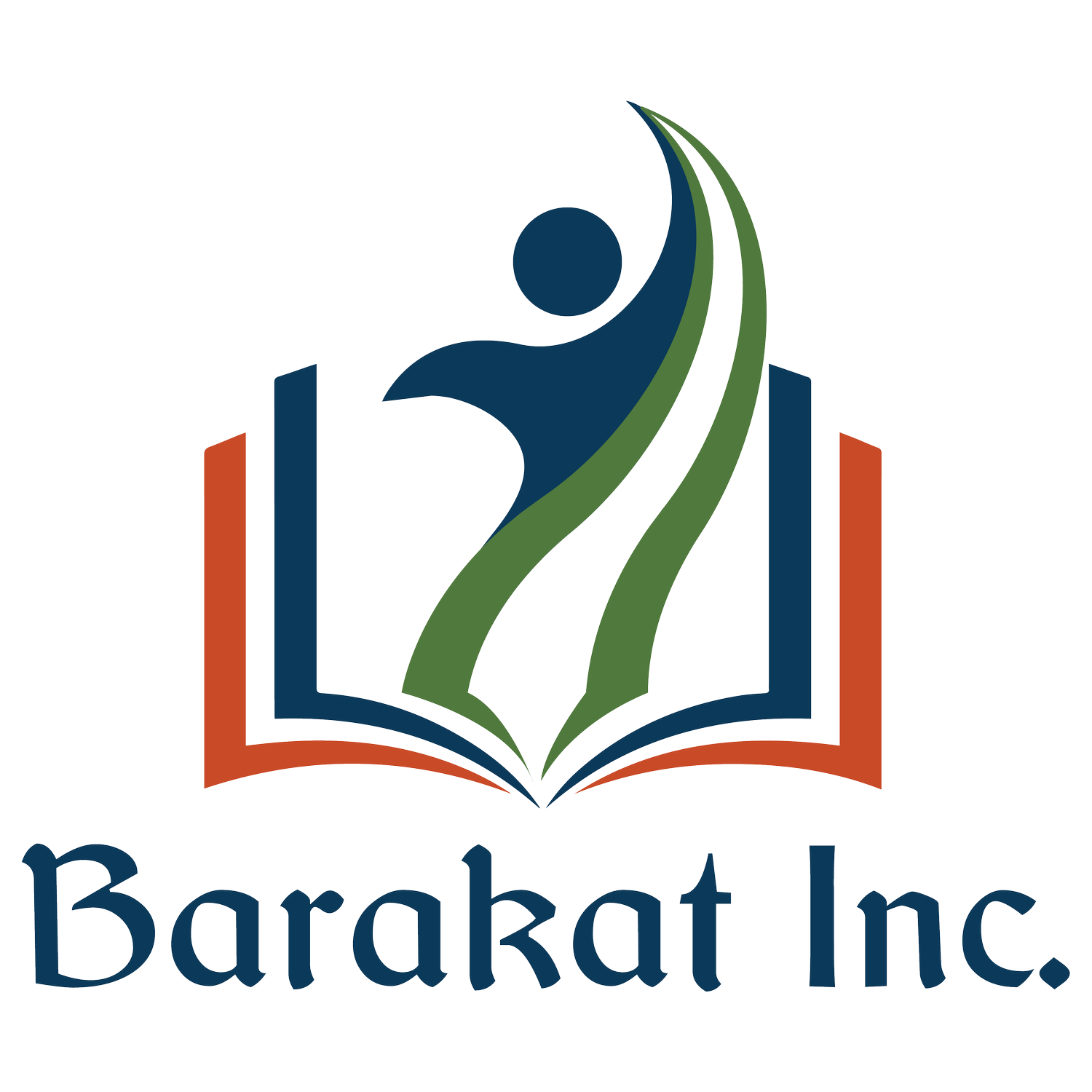Modest Beginnings
Barakat’s story began in 1987 with the inauguration of the Ersari Turkmen Weaving Project in the refugee camps of Haripur, in Pakistan. The Project was started by Jora Agha, an Ersari Turkmen from Afghanistan, and Chris Walter, a carpet manufacturer from Massachusetts, United States. This revolutionary rug revival project taught Ersari Turkmen weavers the ancient, forgotten skills and techniques of using vegetable dyes in carpet-production. A small grant from Cultural Survival provided the seed funding for the establishment of this project, which has since grown into Barakat.
The Original Plan of Action
When the Weaving Project was first started in 1987, the intention had been to build schools in Afghanistan for Ersari Turkmen refugees, when they returned to their homeland, following the exodus of the Soviet Union. The Turkmen Tribes are the quintessential nomads of Central Asia. Carpet weaving has been a time-honored custom and source of livelihood for the Ersari Turkmen, but they had been using chemical dyes and an inferior quality of materials; consequently, the quality of the finished product was also lacking. The Weaving Project radically altered these techniques and proved to be extremely successful. It generated income through the early nineties, as the vegetable dye carpets produced by them sold very well in the West. Profits from the Project were channeled by Yayla Tribal Rugs, Chris Walter’s Cambridge-based company, into Barakat’s work.
A Community Pulls Together
It is important to point out that carpet weaving has been and remains an essential cultural activity for Turkmen, something which traditionally all women take part in. Under changed circumstances, as refugees in Pakistan, young men between the ages of 16-30 years also started to learn carpet-weaving and the united impetus of the entire community to eke out a decent livelihood determined the success of the Project as much as did the technical input provided by Chris Walter.
Change of Plans
From 1990 to 1991, the Turkmen waited in Pakistan hoping that the circumstances would resolve themselves and they would be able to return home to Afghanistan and realize their ideas. However, events turned out differently and they had to adapt to the rapidly changing situation. A generation of young Turkmen was growing up uneducated in Pakistan, where the government was struggling to provide minimal educational opportunities to its own citizens, and was unable to meet the educational needs of million of refugees.
The Founders of Barakat
Consequently, the situation not being amenable to building schools in Afghanistan, a school for Ersari Turkmen refugees, living in Pakistan, was planned by Habibullah Karimi and Chris Walter in 1993. Habibullah Karimi, an Ersari Turkmen of the Chekir-Suleyman Qom tribe, a founding member of Barakat, has been instrumental in the creation of the organization.
It was the combined efforts of Chris Walter and Habibullah Karimi that led to the launch of the traditional rug production and overseas marketing strategy that has brought viable means to these refugee groups. Together, the two co-founders of Barakat envisioned the possibility of using funds from their work of carpet production to provide educational opportunities to marginalized groups in Pakistan, Afghanistan and India.
The First School
The school for children of Ersari Turkmen was opened in 1994 in a small city on the border of Punjab and North West Frontier Province (NWFP), Attock. This city was home to a large population of Afghan refugees, the majority being Turkmen. This was the first school that had ever been opened outside of Afghanistan to benefit primarily Turkmen refugees.
Stretching our Wings
The project blossomed quickly and by 1998 there were three schools in Attock, Punjab and two in Haripur, North West Frontier Province, Pakistan. In order to learn about the course Barakat charted for itself in India, Pakistan and Afghanistan, please use these links.
The Turkmen Community today
has become established in Pakistan, not only for economic reasons but also due to security concerns, as well as the fact that many of them have now been born and brought up there and identify more with Pakistan than Afghanistan in more ways than one. The needs of old and new refugees (with no pathway to citizenship in Pakistan) remain and are continuing to be met by the Barakat Schools.
Sustainability through ownership
Some of the Turkmen have become well-established businesspeople now in Pakistan, Turkey, United States and Europe. They have gone from being ‘project participants’ in Barakat programs to becoming ‘project donors/funders.’ This ensures the sustainability of Barakat’s programs in Pakistan and Afghanistan, and we are proud of their accomplishements and grateful that they have chosen to give where once they received.








